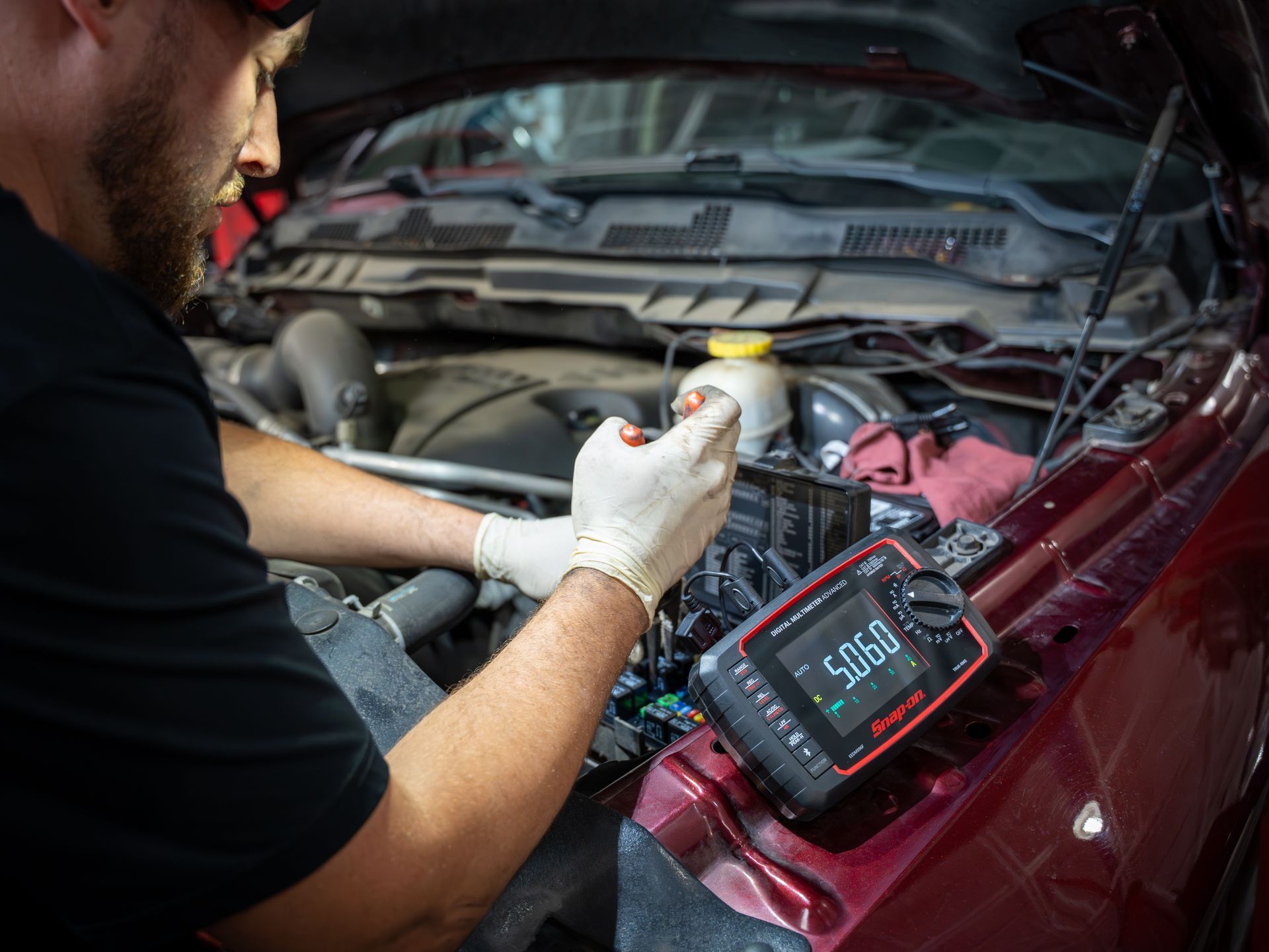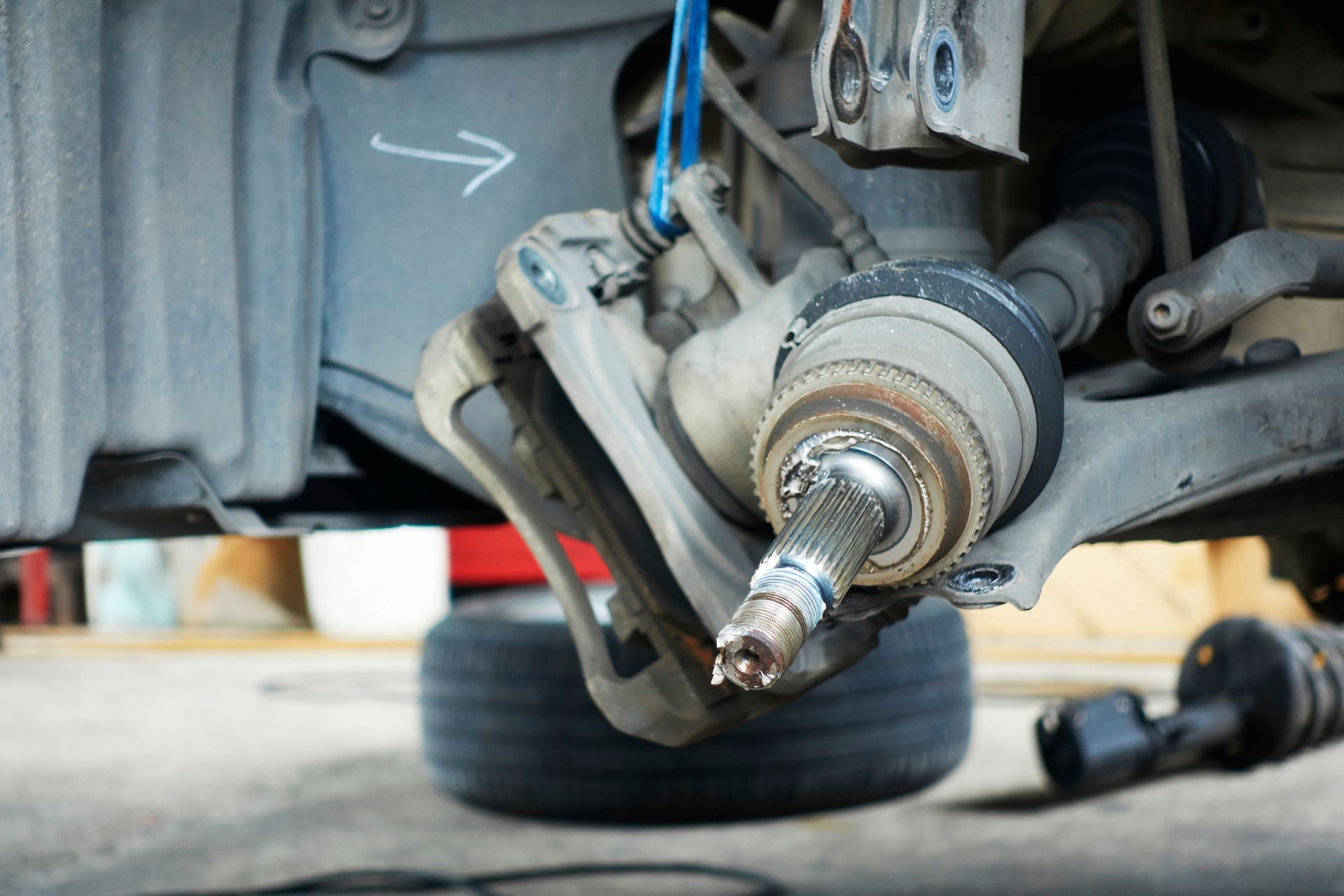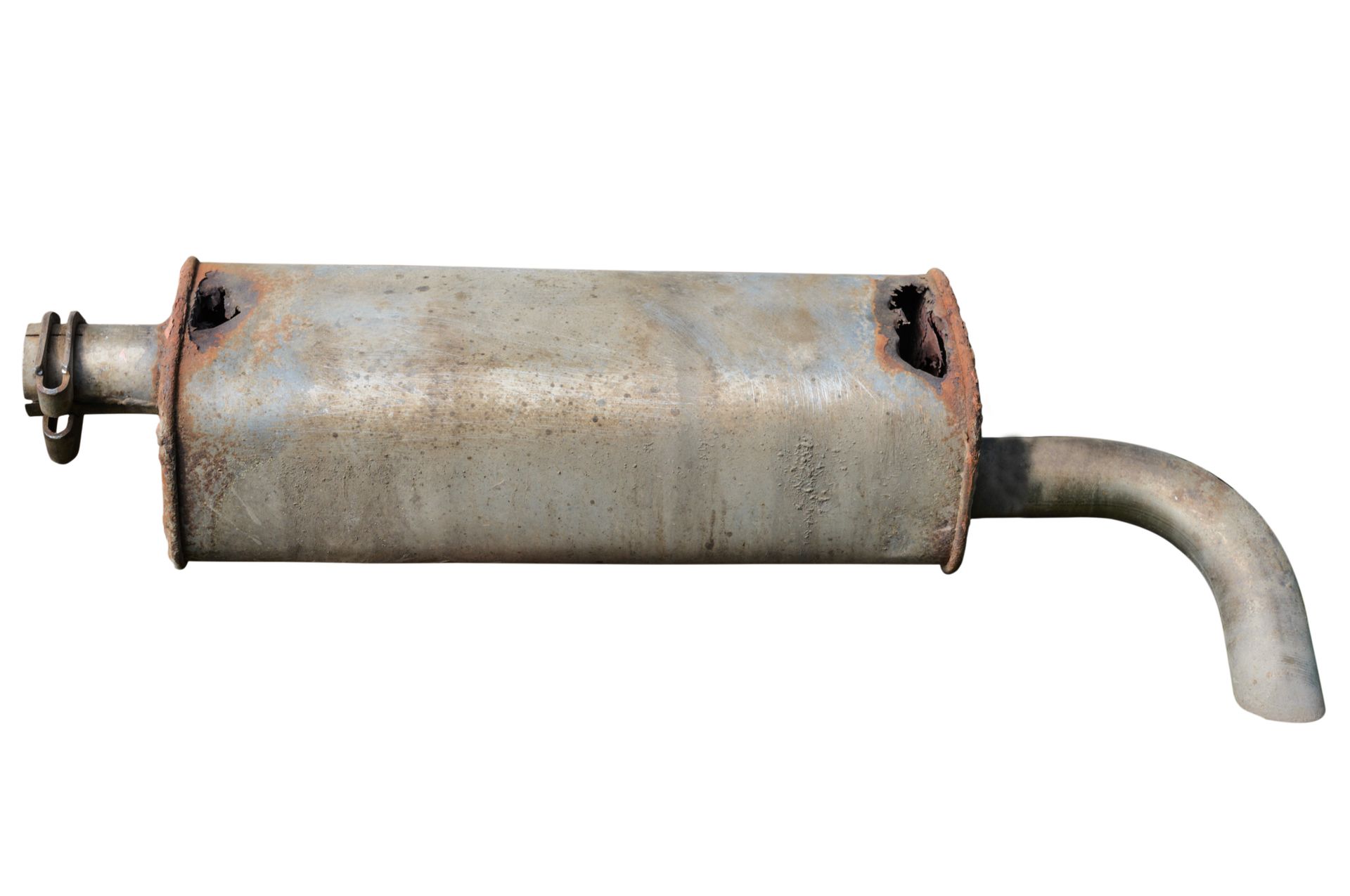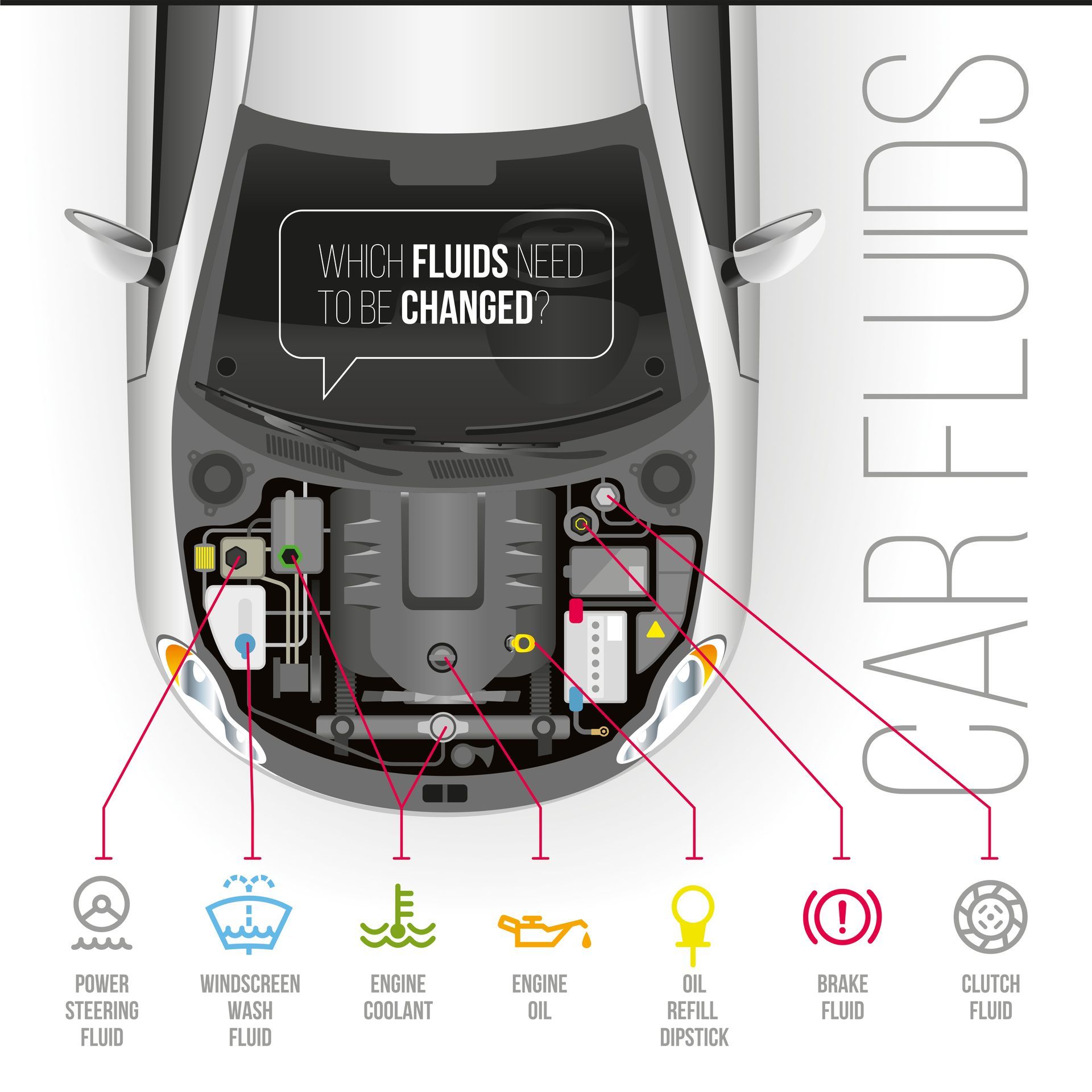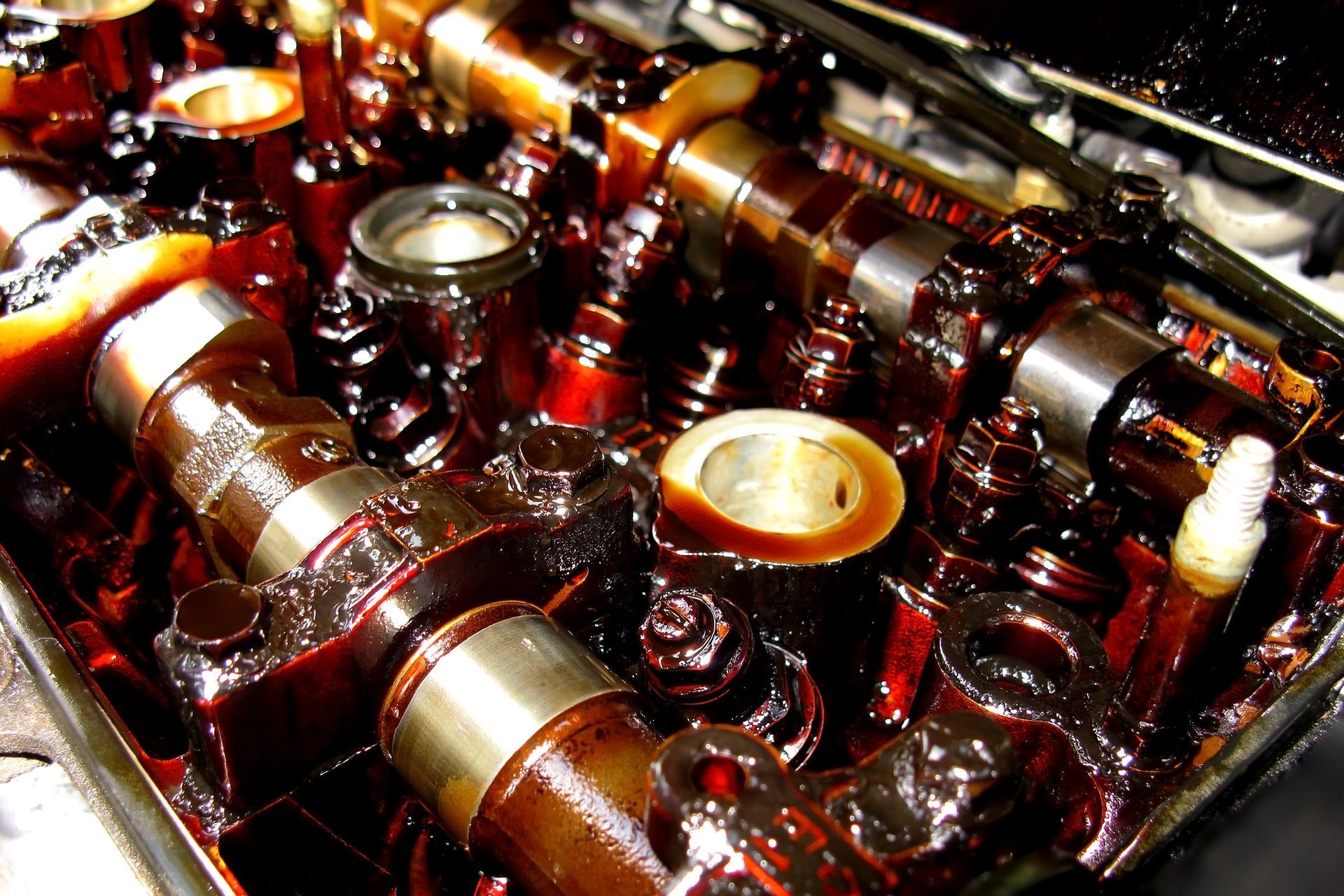Brake failure is attributed to numerous factors, almost all of which trickle down to improper brake maintenance. Like any system in your vehicle, your brakes will fail if you do not follow a recommended maintenance schedule. The frequency at which you replace your brakes will vary according to vehicle usage. Always remember to ask your local auto repair shop for their personalized recommendation when it comes to vehicle maintenance.
1. Brake fluid
A big factor that plays into your vehicle’s brake health is the brake fluid. This hydraulic fluid generates pressure needed to stop your vehicle effectively. If there’s a leak in the reservoir or if the brake fluid becomes contaminated, your brake system will start to degrade and eventually fail. Therefore, it’s important to make sure you are changing your vehicle’s fluid systems routinely. While the general recommendation for a brake fluid flush is every 2 to 5 years or 30,000 miles, each vehicle is different. Ask your local auto repair shop for their personalized recommendation to deliver the best care to your vehicle.
2. Rusted rotors
Rusted or warped rotors will also contribute to brake failure. Rust accumulates based on the type of material the rotor is made from. Most standard vehicles use cast-iron discs, a material that oxidizes easily when exposed to moisture constantly. However, for high-end sportscars like Ferrari and Pagani—who use carbon-ceramic rotors—rust is hardly an issue. Rust reduces friction between the brake pads and rotors, contributing to uneven wear and lowering brake performance. You will find yourself replacing your brakes much sooner if the system’s components are not being routinely checked for wear and damage.
3. Worn pads
If your brakes make a grinding or squealing noise, feel spongy or loose when you hit them, or take longer to stop the car, these are telling signs of worn brake pads. If any of or all these issues are occurring, it’s likely the pads have worn down to their base and are metal to metal with the rotors. Brake pads should generally be replaced every 30,000 to 50,000 miles but, again, this varies based on vehicle use and health.
If you're looking for brake repair, schedule an appointment with Paul Campanella's Auto & Tire Center

